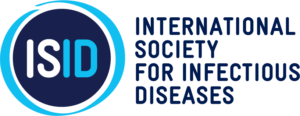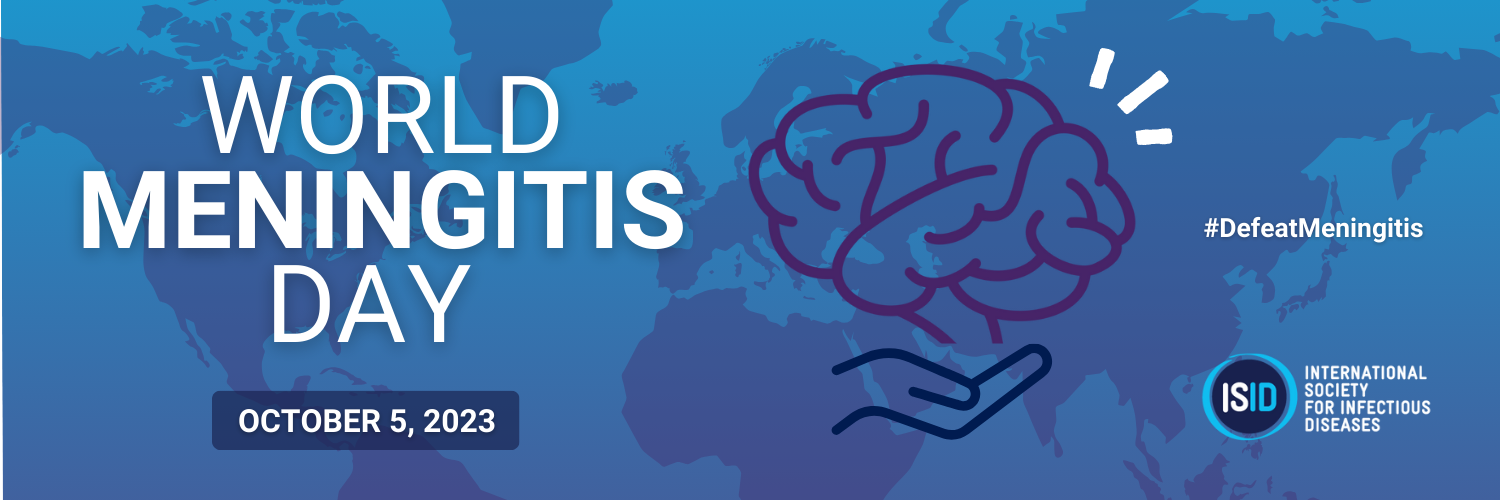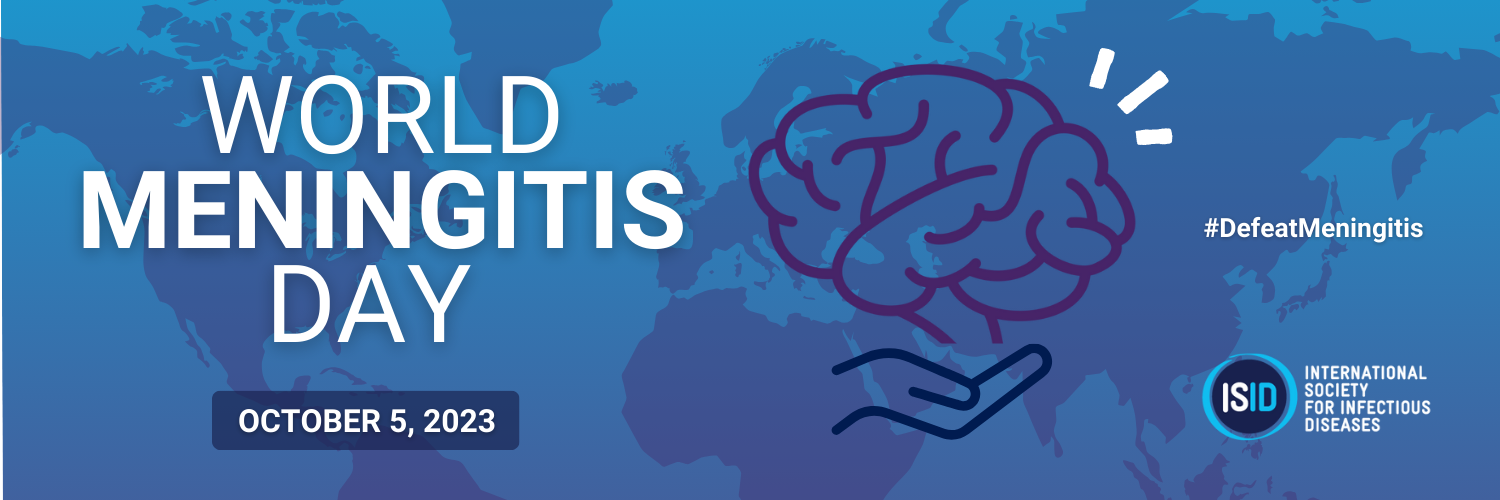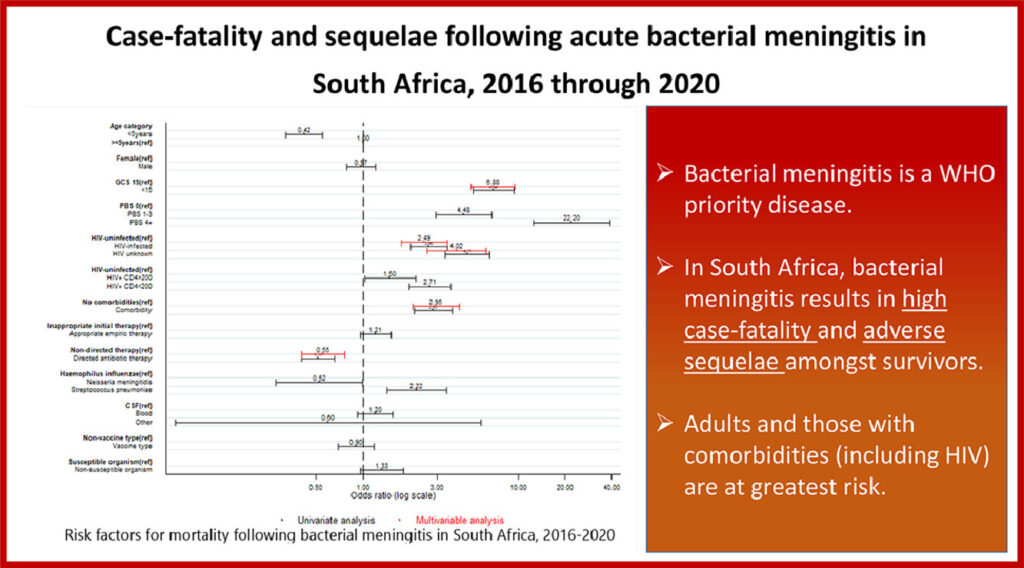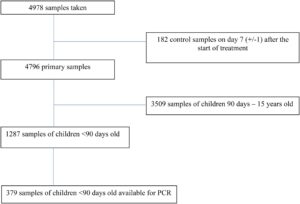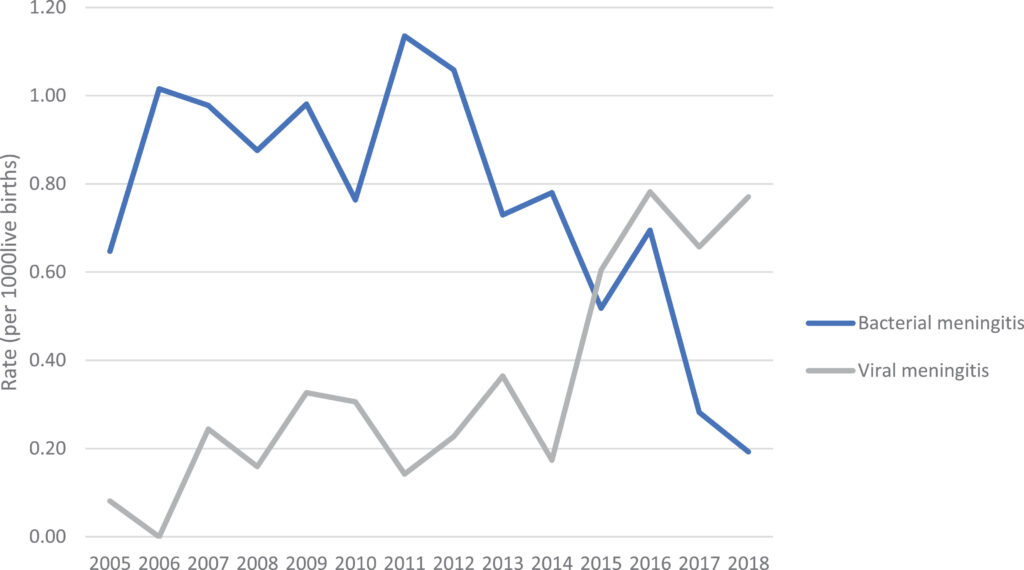World Meningitis Day has been celebrated on October 5th since 2022 after the 27th World Health Assembly approved the first resolution on meningitis prevention and control as well as the Defeating meningitis by 2030 global road map. Meningitis is caused by some viruses, bacteria, and fungi. Some meningitis can be caused by some medications and brain tumours.
The theme of this year’s World Meningitis Day is to “Light the road towards defeating meningitis and achieving the WHO’s goal of defeating meningitis by 2030.” Increased awareness of the signs and symptoms of meningitis by healthcare workers and caregivers is key towards early detection and treatment of the infection.
We at the ISID are in the forefront of the prevention and control of infectious diseases globally. We do recognize some countries and regions are disproportionately impacted by infectious diseases including meningitis, particularly those caused by bacteria. Our educational resources strive to provide up-to-date best practices for infectious disease professionals not only in low-resource settings but globally as well.
